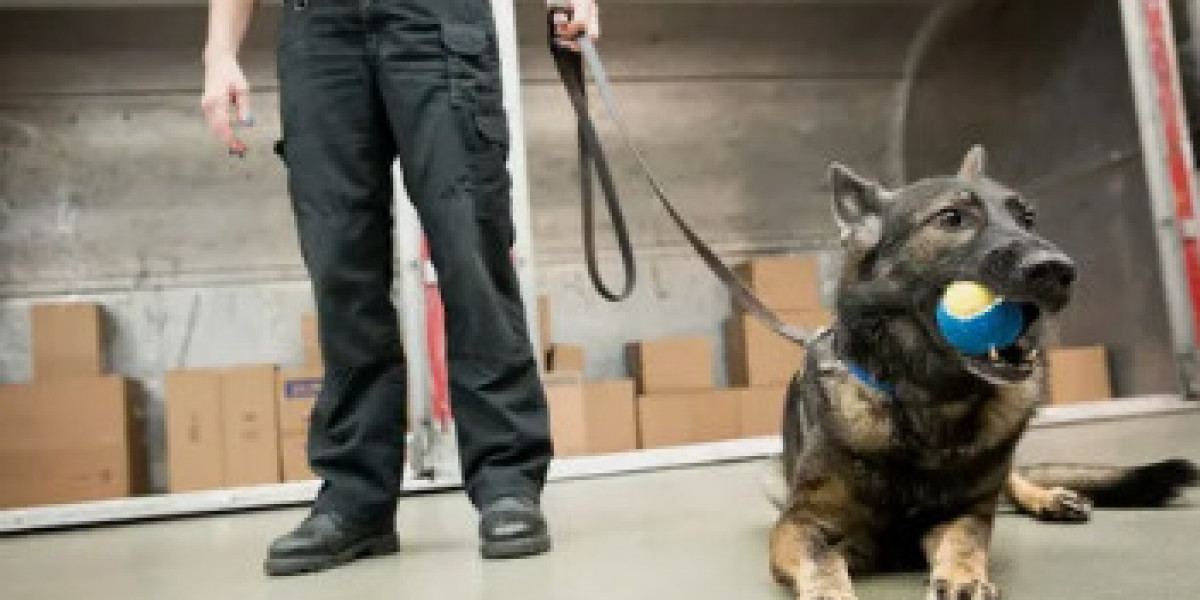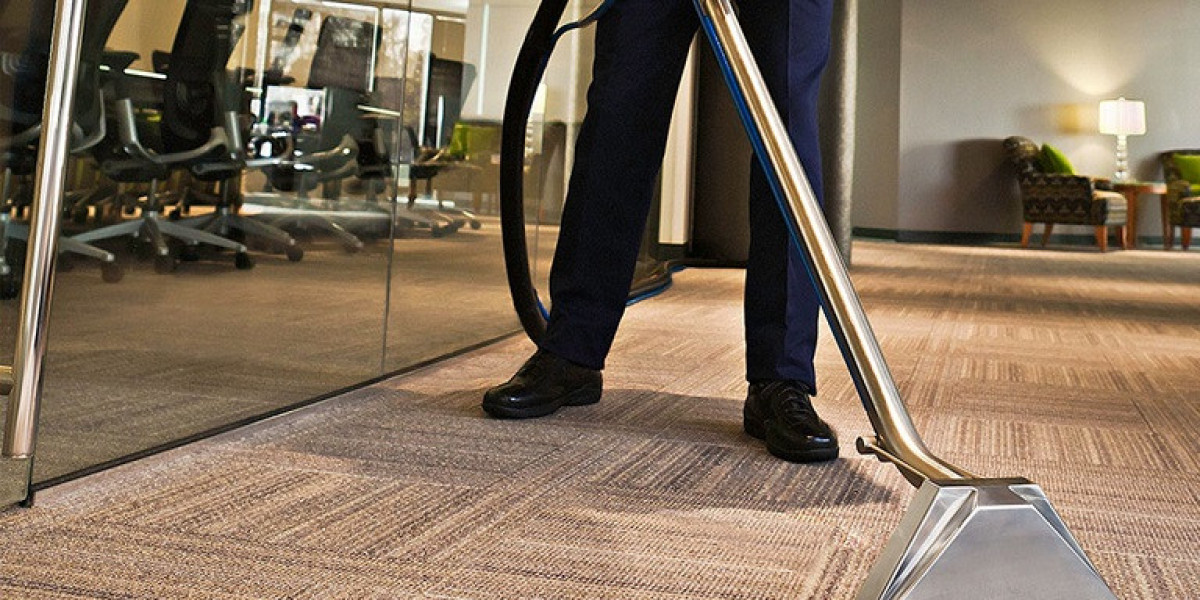In today’s world, security is a top priority for homeowners, business owners, and organizations. While surveillance cameras, alarms, and security personnel are vital, one of the most reliable and effective solutions is the use of trained security dogs. These dogs combine instinct, intelligence, and specialized training to provide unparalleled protection and peace of mind.
What Are Trained Security Dogs?
Trained security dogs are specially trained canines that provide protection, deter crime, and assist security personnel in maintaining safety. Unlike ordinary pets, these dogs undergo rigorous training to respond to specific threats, follow commands in high-pressure situations, and ensure the safety of their handlers and premises.
The training focuses not only on obedience but also on enhancing the dog’s natural protective instincts. This makes them highly effective in scenarios ranging from home defense to corporate security operations.
Key Breeds Used as Security Dogs
While many dog breeds have the potential for protection work, certain breeds are preferred due to their intelligence, strength, agility, and trainability. The most common breeds used as trained security dogs include:
- German Shepherds: Known for their intelligence, loyalty, and versatility, German Shepherds are ideal for both personal protection and law enforcement duties.
- Belgian Malinois: Agile and highly trainable, the Belgian Malinois excels in high-intensity security roles, including police and military work.
- Doberman Pinschers: Fast and alert, Dobermans are exceptional guard dogs, often used to protect properties and individuals.
- Rottweilers: With a strong presence and powerful build, Rottweilers are capable deterrents and reliable protectors.
- Boxers: Energetic and loyal, Boxers can be trained for protective duties while remaining affectionate family companions.
Choosing the right breed depends on the specific security needs, environment, and level of protection required.
The Training Process
Training a security dog is a meticulous process that takes months, sometimes even years, of dedicated work. Professional trainers focus on several key areas:
1. Obedience Training
Obedience is the foundation of security dog training. Dogs must respond immediately to commands such as sit, stay, heel, and recall. This ensures control in all situations, preventing accidental aggression or uncontrolled behavior.
2. Socialization
Even trained security dogs must be able to distinguish between threats and normal social interactions. Socialization teaches dogs to remain calm around family members, visitors, and crowds while maintaining alertness for potential dangers.
3. Protection Training
Protection training involves teaching dogs to identify threats and react appropriately. This may include:
- Barking to alert their handler
- Blocking or restraining an intruder
- Controlled aggression when faced with real danger
- Guarding designated areas or objects
4. Scent and Detection Work
Some security dogs are trained to detect drugs, explosives, or other contraband. Their acute sense of smell makes them valuable in corporate security, law enforcement, and military applications.
5. Scenario-Based Training
Dogs undergo simulated threat scenarios to ensure they respond effectively under stress. This may include intruder simulations, sudden loud noises, or surprise attacks, helping them remain calm and precise during real-life incidents.
Benefits of Owning a Trained Security Dog
Investing in a trained security dog offers numerous advantages beyond standard security measures:
Enhanced Protection
A trained security dog is a proactive defense mechanism. Their presence alone can deter potential intruders or criminals, reducing the risk of theft, vandalism, or personal harm.
Loyalty and Companionship
Unlike electronic alarms or security systems, trained security dogs provide companionship while performing their protective duties. Their loyalty creates a strong bond with their handlers, offering emotional reassurance alongside physical protection.
Rapid Response
Dogs can react faster than humans or machines in high-pressure situations. Their agility, speed, and instinctual threat recognition allow them to neutralize potential dangers effectively.
Cost-Effective Security
While the initial investment in a trained security dog may be significant, they can reduce reliance on multiple security personnel or expensive monitoring systems, providing a long-term, cost-effective solution.
Versatility
Trained security dogs are versatile and can be deployed in homes, businesses, warehouses, events, and personal protection scenarios. They adapt to various environments while maintaining vigilance.
Choosing the Right Trained Security Dog
Selecting the right trained security dog is crucial for optimal safety and efficiency. Key considerations include:
- Purpose: Determine whether the dog is needed for home protection, business security, personal protection, or specialized detection.
- Breed: Evaluate breeds based on temperament, size, intelligence, and agility.
- Training Level: Assess the dog’s training and certifications to ensure they meet professional security standards.
- Handler Compatibility: A good match between the dog and handler enhances communication, control, and overall effectiveness.
Consulting with professional security dog trainers or reputable breeders ensures you acquire a dog suited to your unique needs.
Maintaining a Trained Security Dog
Even after training, maintaining a security dog’s skills is essential. Regular practice, continued obedience drills, and mental stimulation are necessary to keep the dog alert and capable. Proper nutrition, veterinary care, and exercise also contribute to their physical and mental well-being, ensuring they remain effective protectors.
Legal and Ethical Considerations
When owning a trained security dog, it is important to adhere to local laws and regulations regarding protection animals. Owners must ensure their dog is properly trained to avoid unnecessary aggression and liability issues. Ethical treatment, proper socialization, and responsible handling are key to maintaining a safe and professional security presence.
Conclusion
Trained security dogs provide an unmatched combination of protection, loyalty, and intelligence. From deterring crime to safeguarding families and businesses, these dogs are highly effective security assets. By selecting the right breed, ensuring professional training, and maintaining their skills, trained security dogs become trusted guardians capable of offering peace of mind in an uncertain world.
Whether for personal safety, corporate security, or law enforcement applications, investing in a trained security dog is a powerful decision that enhances protection, instills confidence, and delivers lasting value.














